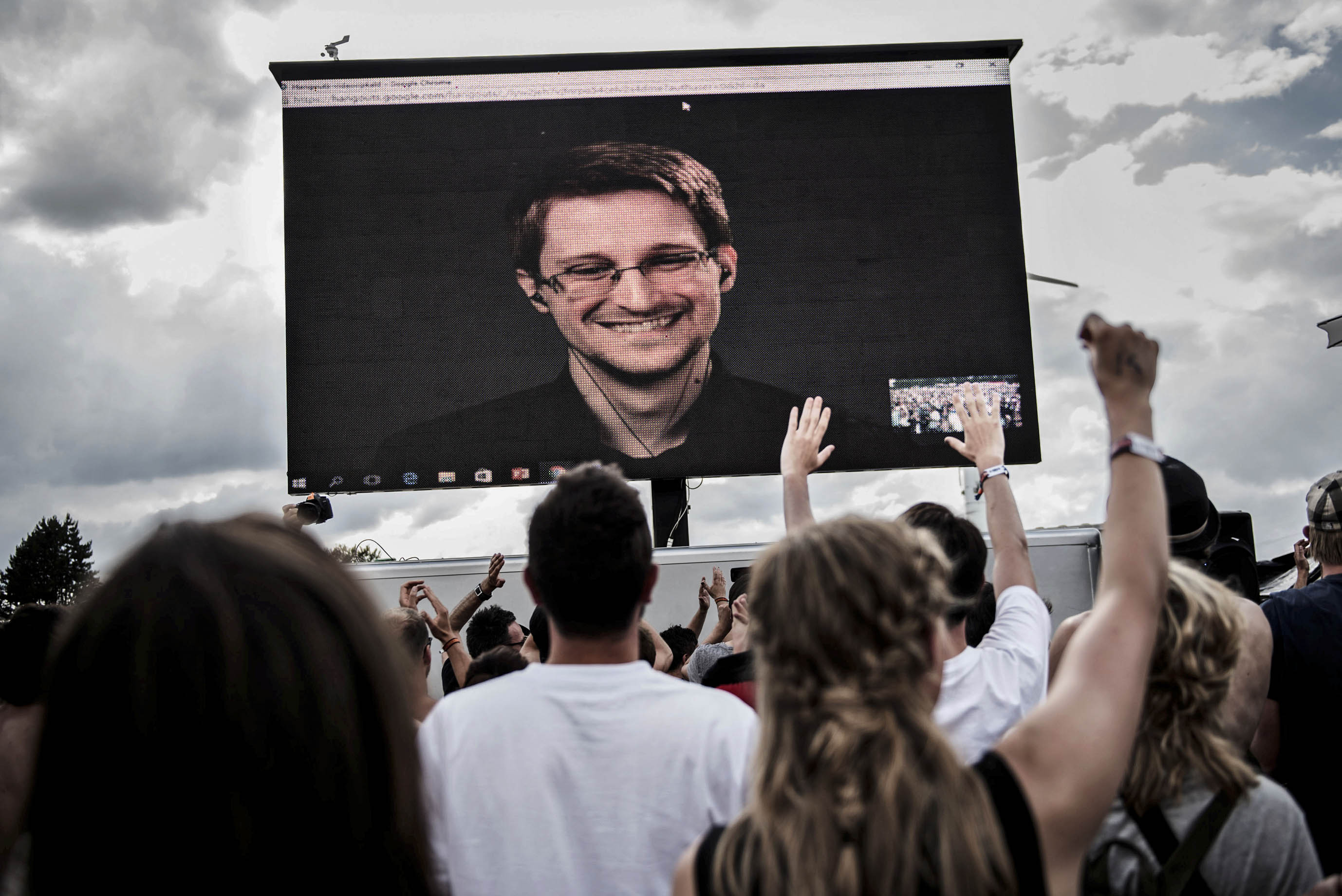(Oupa Nkosi/M&G)
COMMENT
“The attempt to take over or overthrow the government” and “betrayal of trust”. These are a handful of definitions of “treason” found in the Oxford Dictionary, among others. They are the literary definition of a charge that carries mandatory sentences ranging from 20 years to the death penalty.
Our own country is no stranger to the idea of treason trials. The ANC, in particular, is very familiar with the concept.
So, as the ocean of filth emerging at the Zondo commission hearings into state capture becomes overwhelming, it is surely fair to ask whether or not some of the people involved are not guilty of treason.
They have betrayed their country as fully as the likes of Kim Philby. They have tried (and in many cases did) to destroy the government of their country just as clearly as Guy Fawkes — that most famous of traitors — tried to. And they certainly did it for far less noble reasons than Chelsea Manning or Edward Snowden.

(Reuters)
In many ways their crime is grosser than that of a normal traitor because they did it purely for monetary gain. And when money gets stolen from government departments that provide water, sanitation and healthcare, the result is simple: poor people die.
What happened during the Jacob Zuma years was clearly much more than corruption. The fact that we had to invent a new phrase for it demonstrates that fact.
It shows that people are doing something new and innovative. In this case, they were taking corruption to the next level. And beyond.
Corruption is a legal concept, but state capture is not. Which leads one to wonder what legal crime a defendant would be charged with if their unlovely activities were state capture. Corruption isn’t an appropriate charge, and racketeering would probably also not capture the enormous breadth and ambition of what we now call state capture.
Perhaps it could be argued by the state capture clan that treason wasn’t committed because treason involves the use of force. But Snowdon and Manning did not, and had no intention of, using force and the United State’s most famous traitors, the Rosenbergs (convicted of treason and executed for spying on behalf of the Soviet Union) never used force nor plotted to overthrow the state.
Perhaps it could be argued that treason wasn’t committed because they weren’t acting on behalf of a foreign power. But the Boeremag rabble, who were convicted of treason more than a decade ago for their delusional (and doubtless brandy-fuelled) plot to overthrow the ANC government and set up a military dictatorship weren’t in cahoots with another regime.
The reality is that the Boeremag posed a limited danger to the state, whereas the state capture project succeeded in destroying multiple organs of government and, we now realise, almost brought to country to its knees. It was (unlike the Boeremag project) in almost every sense, a well-planned, carefully executed and very nearly successful coup.
So, although it is, for a myriad reasons, unlikely that the perpetrators and beneficiaries of state capture will ever be tried for treason, it is, perhaps, important for the future protection of our government, our country and its institutions, that we South Africans acknowledge that treason is exactly what was committed.